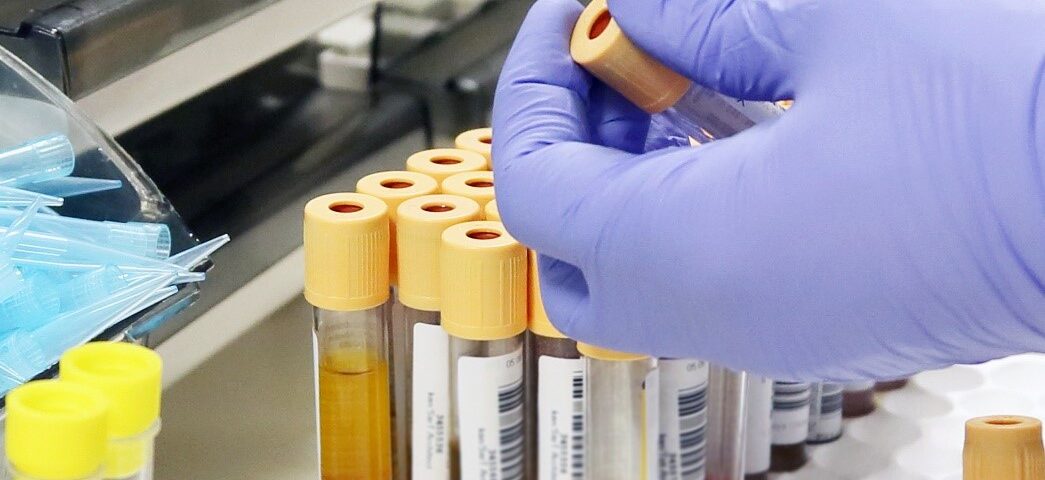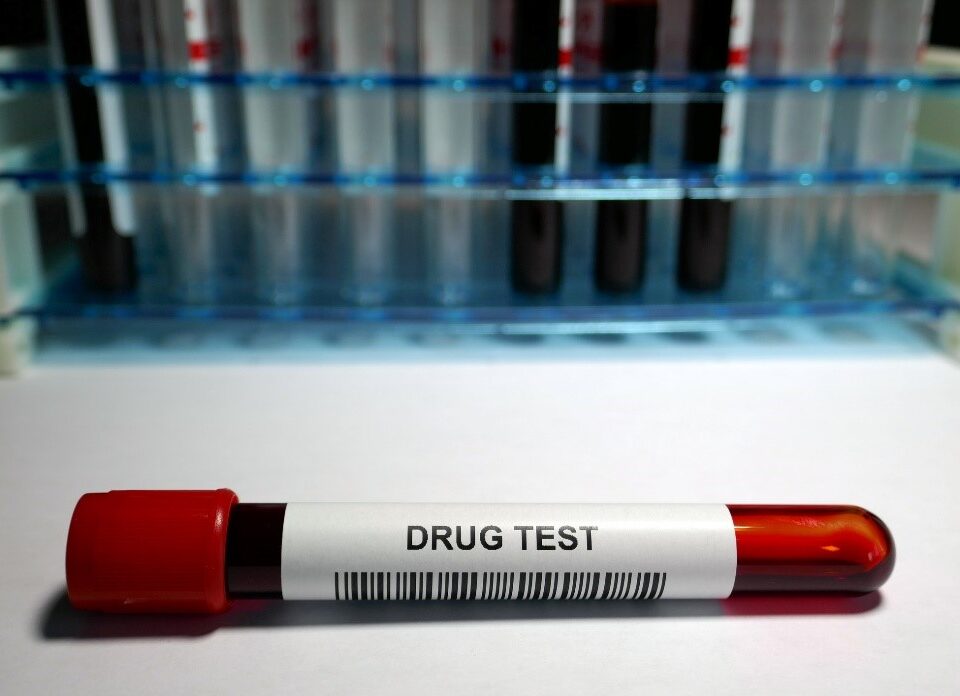How Lab-Based Drug Testing Works
November 2022 Newletter
November 1, 2022May 2023 Newsletter
May 4, 2023Lab-based drug testing is a process that allows individuals and organizations to detect illicit drugs in biological samples such as urine, blood, and saliva. This type of testing is widely used in workplaces, sports organizations, and the criminal justice system to detect drug use and prevent drug-related harms. Let us look into how lab-based drug testing works and its importance in various settings.
First Step: Sample Collection
Sample collection can be done in a variety of ways depending on the type of drug being tested and the biological sample used. For example, urine is the most common sample type used for drug testing, and the collection process is usually done under supervision to prevent tampering or adulteration of the sample. Once the sample is collected, it is transported to a lab for analysis.
The point of sample collection is where the chain of custody starts. The chain of custody is the tracking and taking account of the specimen from the collection site up to its disposal. This ensures proper documentation and also prevents mishandling or contamination of the specimen.
Second Step: Sample Preparation
This involves the extraction of the target compounds from the biological matrix, such as urine or blood. The extraction process typically involves several steps, such as sample dilution, filtration, and extraction using a solvent. The extracted sample is then purified to remove any impurities that might interfere with the subsequent analysis.
Third Step: Analysis
The last step is analysis. This involves the use of specialized equipment, such as gas chromatography-mass spectrometry (GC-MS) or liquid chromatography-tandem mass spectrometry (LC-MS/MS), to detect and quantify drugs in the sample. These techniques are highly sensitive and specific, allowing for the detection of drugs even at very low concentrations.
Importance of Lab-Based Drug Testing
In the workplace, lab-based drug testing is commonly used as a pre-employment requirement or as part of a random drug testing program. This helps ensure that employees are not under the influence of drugs while on the job, which can reduce the risk of accidents and injuries. Lab-based drug screening is also used in the criminal justice system, where it can monitor individuals who are on probation or parole and detect drug use in suspects and defendants.
Lab-based drug screening is also used in sports organizations to ensure fair play and prevent the use of performance-enhancing drugs. Athletes are typically subject to random drug testing throughout the year, and those who test positive for prohibited substances can face sanctions, including suspension and loss of medals and titles.
When you need to screen employees, job candidates, or sports contestants for drug use, make sure you have them tested by a reliable drug screening facility. For drug testing services in Texas, contact Drug Screen Compliance.





